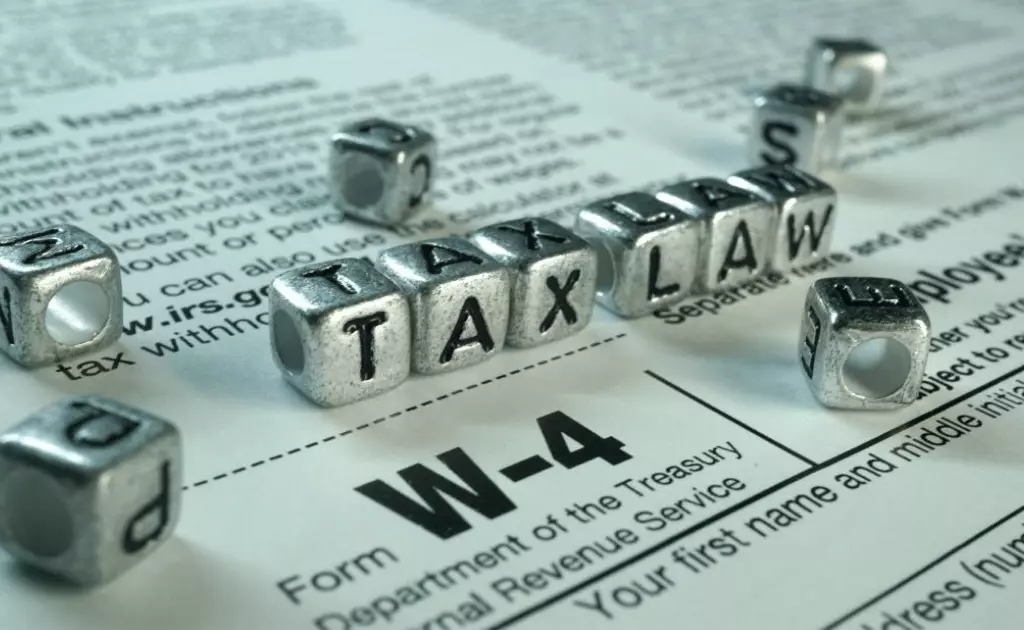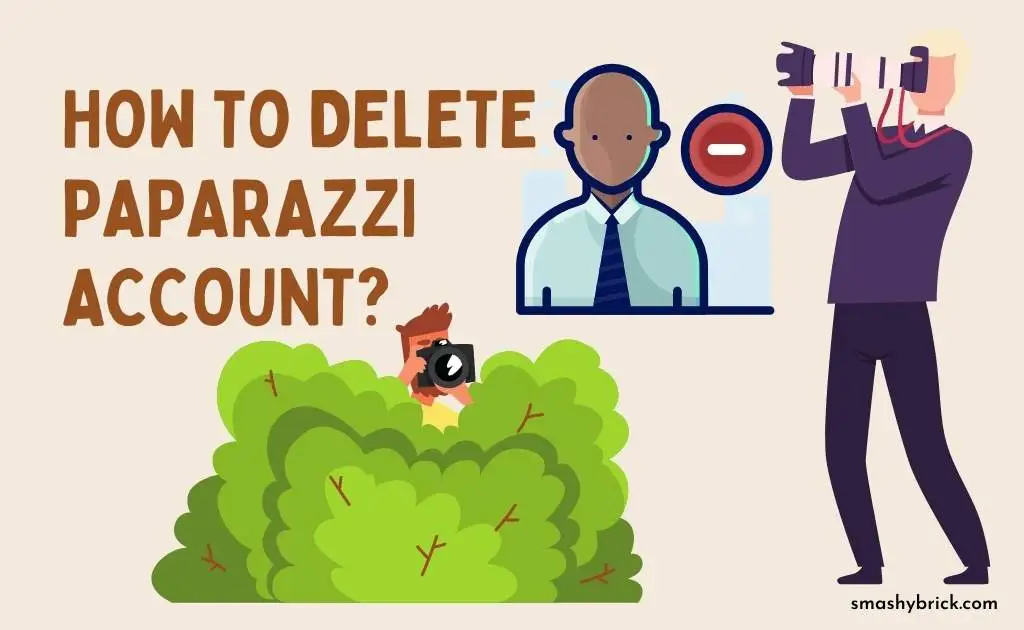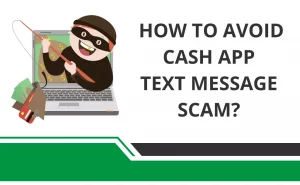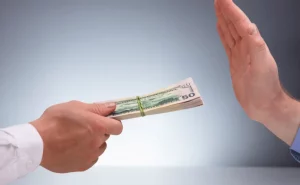When you were busy with new year resolutions and planning to hike your business, the IRS has some other plans. Who has thought that no money will be hidden anymore?
You might have heard about Cash App, if not used. Yes, we are talking about the most popular and widely spread peer-to-peer mobile payment app from the well-known Square company– Cash App. If you are using a Cash App or have used it at least once or you know anyone who might be using it, it’s time to be on an alert mode because there have been huge changes done by the government. Even if you have used any such payment apps for earning money through goods and services, you should give this blog a read!
What if your last transferred amount becomes taxable? What if you have to pay a lot of taxes? Can you trust yourself that you have done it right? Do you expect any refunds of the tax you paid? There are hundreds of such questions aligned and ignoring this news can be a dangerous sign for your financial health.
Without wasting any more time, we are bringing you this well-put-together blog that explains every bit of this cash app tax law.
Also check:- How long does cash app take to deposit tax refund?
Why Is This New Tax Law Introduced?

The great resignation phase is going on. it’s not because people have stopped working anymore but now everyone wants to work for themselves. Experts have researched and analyzed this matter and are now expecting that the number of self workers will increase at a higher rate in the coming year. This has led to the situation where a big amount of money is passing under the table but the IRS wants to track this and put an end to it.
Earlier the need was not that strong but now it’s the need of the hour. This is because the app is used majorly by financial consultants, pet walkers, and other personal service providers who make big money.
Everyone wants to save big which gives birth to underreporting of earnings.
The new tax law is not only subject to cash app users but also to all those mobile payers who depend on third-party apps for transactions.
Now everything will get added and will be observed by the IRS, be it the small tip you give to your hairdresser.
The tax taker team believes this is the right way to make everything legal and white and it may come out as a temporary solution. However, there remain higher chances that people will shift to cash to save themselves from the eye of the IRS.
New Cash App Tax Law 2022
The IRS introduced a new cash app tax law in the year 2021 which should come into effect for the 2022 to 2023 fiscal year. Hence, whoever uses Cash App, Venmo apps, and similar apps, needs to submit a 1099-k form along with some other details for the year 2022. They can send it by mail or electronic means.
All this started from the American rescue plan result. President Joe Biden signed this law in March for a 1.9 trillion dollar stimulus package. Zelle is another third-party payment network but is free from this law because it claims to be only a messaging platform between both sides.
You don’t have to worry if you are a business owner because it’s the duty of third-party companies who handle fund settlements to take care of this law and send you a 1099-k form. Now it’s important to know whether you come into the tax-paying category or not.
Read the next section to have a clear idea about it.
Cash App New Tax Rules
It is not that Tax rules are applied for the first time on Cash App. They existed before but the terms were not the same. The threshold of the highest limit was set to $20,000. Not only this but you had to show at least 200 numbers of transactions to your account to come into the tax paying category. And this all should be in one year.
According to the new cash app tax law that replaced prior law, the IRS made it mandatory that anyone who exceeds $600 in a year, should have to report to the tax department. Moreover, there is no minimum transaction as such. Therefore, it pushed a lot of people into this category which means more people need 1099-k forms.
Note that not every payment comes under your income so there are some kinds of transactions that you do not need to report for your tax return. For instance, if your friend has reimbursed your money, your roommate has paid their rent as a share, your beloved has sent you a gift, then you can expect to exclude these from your income source.
Apart from this, even if you are gaining a huge amount of money from selling merchandise, you don’t have to report it if it was a loss. Simplifying it mathematically, in case you bought an item at $200 but sold it for $100, then it becomes non-taxable because you had to go through a $100 loss.
Cash App Tax Calculator

Cash App has tried its best to make things simple and quick so introduced a cash app tax calculator. This calculator eliminates the need of doing tax calculations manually.
You can access it through the app directly. Or open the calculator directly by clicking on the attached link here.
It gives you the accurate result of how much you need to pay every time you use a Cash App.
All you need to give is the correct information
- Account type (Personal or business)
- Money flow (whether you are receiving, sending or it’s a bank deposit.)
- Source of money (debit card, cash app balance, bank account, or credit card)
- Amount
After all these details, tap on the Calculate button, and the payable amount appears on the screen. It’s so easy and takes a matter of seconds.
Note: The cash app fees for sending money may differ according to the source of money you use. In the case of a credit card, it goes up to a 3% charge. If you own a business account, you have to pay a 2.75% charge for receiving money too.
How To Use A Cash App For Tax Return?
Since the law is already in motion, you need to stay prepared with your employer identification number, social security number, and individual tax identification number. If all these details are already in the 1099-k form you have filed then you don’t have to give them to the providers separately. Before filing your form make sure you have included the right information and then report it.
Here is how you can file your tax in the easiest way.
- Download the Cash App if you do not have it on your device.
- Open your account or log in to the account you have been using (for which you want to file)
- Now go to the Cash App Taxes section.
- There, you can find an estimate of the refund you will get for your filed tax. For this, click on Estimate Your Refund.
- When you are ready to file, tap on the File Now button.
FAQs
Did the cash app pass tax law?
Cash App is obeying the new tax law passed by the IRS according to which the users have to pay taxes if they receive money in exchange for goods and services.
Does a cash app get taxed?
According to the new tax law, Cash App will be taxed. For every business account exceeding $600 amount, the Cash App will be taxed and so the app will issue a 1099-k form to its users.
Can a cash app report to the IRS?
Yes, all third-party payment apps which handle the settlement of funds need to report to the IRS. So does the Cash App!
Do you have to pay tax on a cash app?
If you have a business account that exceeds the $600 transfer amount, you have to pay tax on a cash app for sure. The condition changes if you hold a personal account.
How much does a cash app tax?
You don’t need to pay any charge to file the taxes to this app because all kinds of state and federal tax filing are free of cost. However, the tax you are paying depends on several criteria like your source of income, amount, and others. You can check the accurate figure using the app itself. You can also check the refunds you may get using the app calculator.
Does the cash app report personal accounts to the IRS?
No. The Cash app doesn’t report the personal accounts to the IRS this is why you should keep your personal and business accounts separate to save maximum.






![How to Earn Free Bitcoin with Cash App Bitcoin Boost [2023]? Free Bitcoin with Cash App](https://smashybrick.com/wp-content/uploads/2022/05/Free-Bitcoin-with-Cash-App-300x185.webp)



![What is Cash App Cashtag? Complete Cashtag Tutorial [2023] Cash App Cashtag Tutorial](https://smashybrick.com/wp-content/uploads/2022/02/Cash-App-Cashtag-Tutorial-300x185.webp)
![How to fix "Cash App Unable to Sign in on this device" [2023]? Cash App Unable to Sign](https://smashybrick.com/wp-content/uploads/2022/04/Cash-App-Unable-to-Sign-300x185.webp)
![How to check cash app card balance [All Methods 2023]? cash app card balance](https://smashybrick.com/wp-content/uploads/2022/04/cash-app-card-balance-300x185.webp)